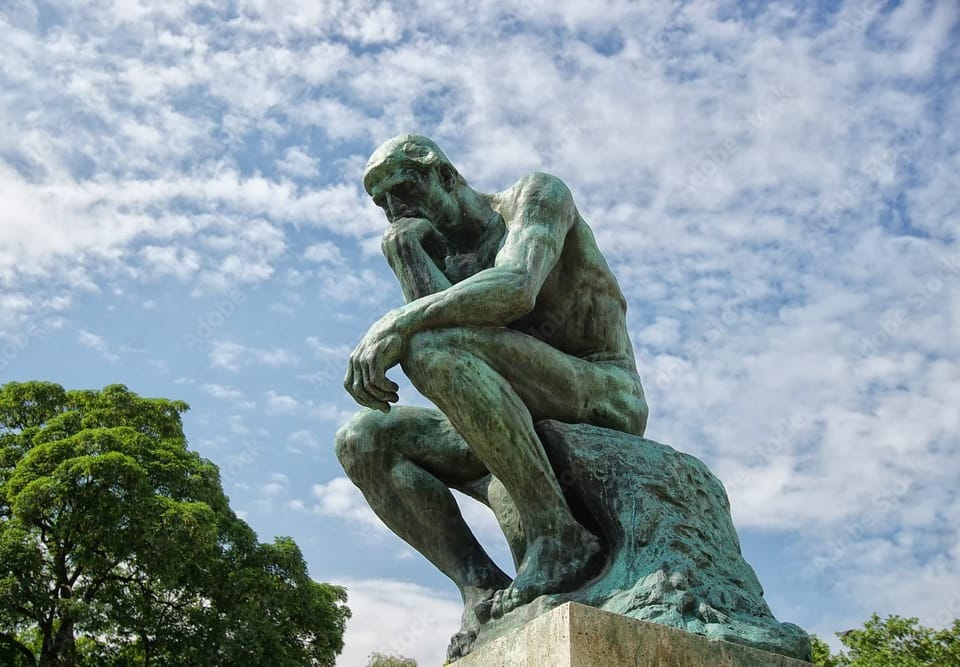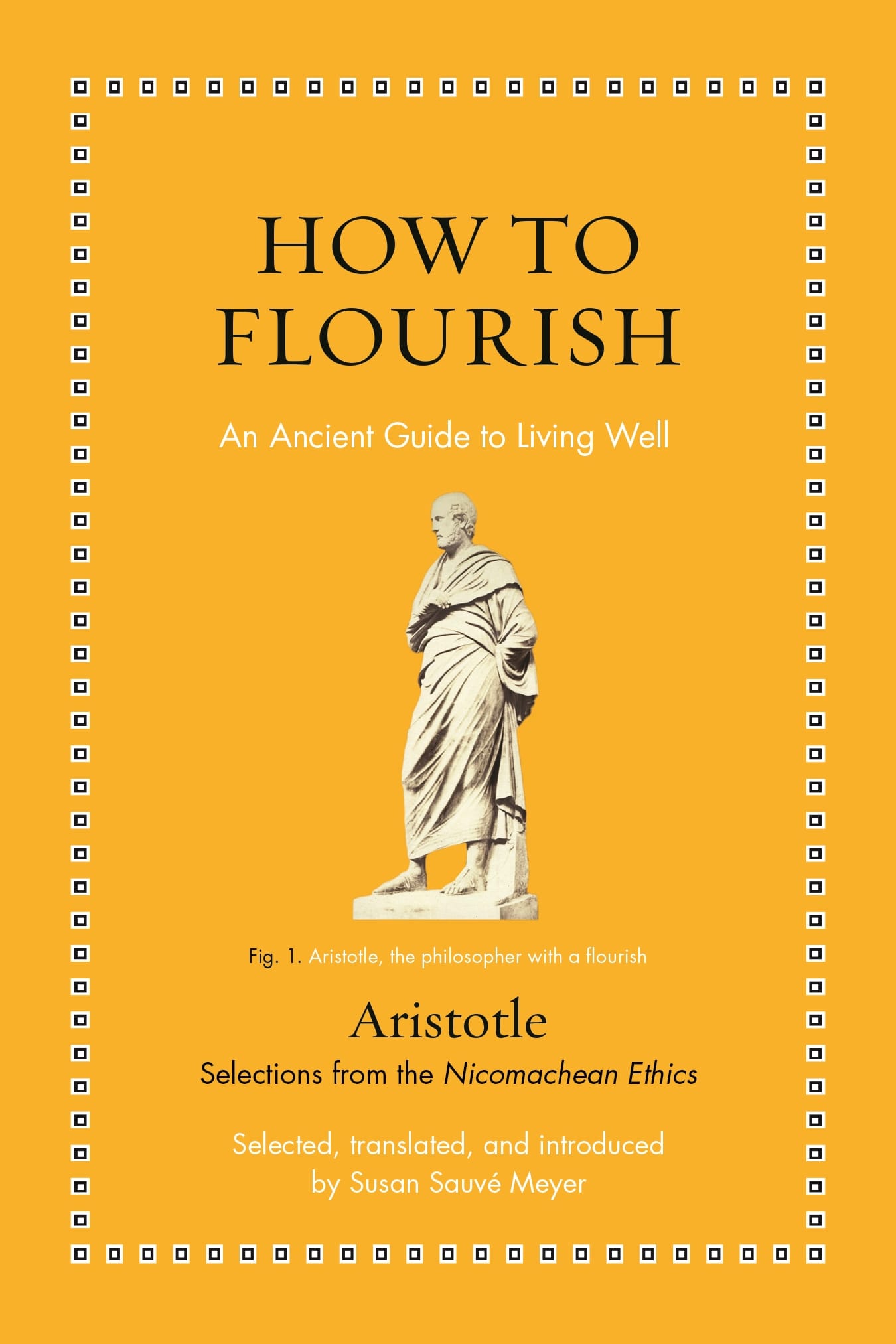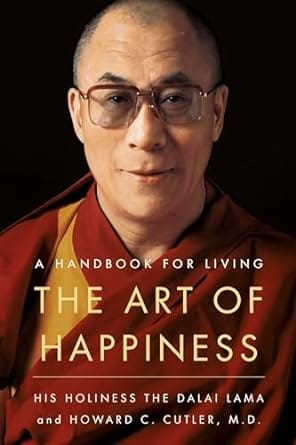Virtue V - Wisdom

Wisdom is the ability to take one's own advice, which is much easier said than done. Most of us can relate to the experience of being great at giving advice to others, just to go on making the same old mistakes in our own lives. For this reason, the practical utility of wisdom goes far beyond knowing a lot of information.
Numerous intelligent individuals have lived sub-optimally due to unwise behavior. For example, Albert Einstein demanded that his wife abide by a list of conditions which spat in the face of female nature. Consequently, his marriage crumbled, as did his relationship with his children.
The antithesis of wisdom is foolishness. A person can be smart, but a complete fool. On the contrary, a person lacking in formal education or technical knowledge can be deeply wise.
- Socrates, considered one of the wisest philosophers to ever live, had no formal education, but indelibly altered the course of human thought through his dialogues with the people of Athens, developing the Socratic method.
- Epictetus, one of the "founding fathers" of Stoicism, used the mentality he adopted to endure slavery as the basis for his teachings at the stoic school he founded following his freedom.
- Curtis Jackson III, better known as 50 Cent, had no father figure and his mother was murdered at the age of eight. Dropping out of school in 10th grade, he survived being shot nine times on the harsh streets of Southside Queens New York, and against all odds built himself an empire as a rapper and entrepreneur. 50's remarkable success can be attributed to his unwavering courage, which is a potent form of wisdom.
- Edwin Barnes:
Learn how a man named Edwin Barnes became Thomas Edison's right hand man, despite having no money, connections, or formal education,
Wisdom involves applying knowledge in ways that enhance our well-being, but not just any knowledge. Knowing everything there is to know about math is great, but generally doesn't help with living well. While the pursuit of knowledge in all forms should be highly prioritized, it behooves all of us to specifically learn how to live well. Once learned, this knowledge must be applied in order to be useful. The transition from knowledge learned to knowledge applied is wisdom. If knowledge is like paint, wisdom is the brush, and our lives are the canvas.
Application of Wisdom
To practice wisdom, step back from your daily life and observe it objectively. This detachment allows for rational reasoning that can only occur when you're not entangled with what's happening.
Suppose a conversation between colleagues results in a heated exchange. Following the altercation, an unwise person would spend the ensuing hour sputtering to themselves about the atrociousness of their colleague, just to repeat the blunder with someone else the day after.
The unwise person could have a Ph.D in neuroscience but is so lost in their thoughts and emotions that they are blind to the possibility that they might be the problem, much less the fact that their own disgruntlement over the situation is entirely their own doing.
A wise person on the other hand would reflect on why the conversation took a turn for the worst and use the experience as an opportunity to learn about human nature to avoid repeating the situation.
How You Can Become Wiser
- Go about life mindfully: Pay attention to the world around you at all times. Observe everything that happens purely objectively. You'd be amazed about how much you can learn if you take the "fly on the wall" perspective.
- Cultivate self awareness: Maintain awareness of your thoughts and emotions. Notice thought patterns that lead to unnecessary suffering, and pause before acting or speaking to assess if your actions are wise.
- Learn from every experience: Everything that happens presents an opportunity to deepen our wisdom. Whether it be learning futility of road rage, to analyzing why you got fired, you can always find lessons in every experience. Becoming a mental alchemist; converting life's perceived negatives into positives, is the essence of wisdom.
- Keep a journal: Going about life mindfully, cultivating self awareness, and learning from every experience, can be quite demanding. Cultivating wisdom, like anything worthwhile, takes work! Journaling is a great way to declutter your mind and use the lessons you learn to live better in the future. Moreover, you can go back and reflect on the trajectory of your development to identify recurring mistakes and flaws in your character.
THE MOST IMPORTANT SECTION OF THIS BLOG
There's nothing more disheartening than people who make it to old age without having any wisdom to show for it. You've been alive for eighty years and all you can speak on are Yankees stats? This is what the culmination of human advancement that has tripled our life expectancy has led to? What a waste. I'm intentionally laying on the harshness thick because I don't want you to end up like that.
I want you to live the best life possible, free from needless suffering, drama, and self-inflicted wounds, then die peacefully without regrets. Before you go, I want you to be able to pass on the wisdom you worked so hard to cultivate to your kids and grandkids, so that they can avoid pitfalls, be quality individuals, and live enriching lives. When it comes to living well, I can't think of anything more important than, well, thinking about living well. You'll only be able to do that if you open your eyes and connect with, then reflect on, the one life you're given, before it's over. No matter what stage of life you find yourself in, it's never too late to start.
"The unexamined life is not worth living" - Socrates
Recommended Reading

